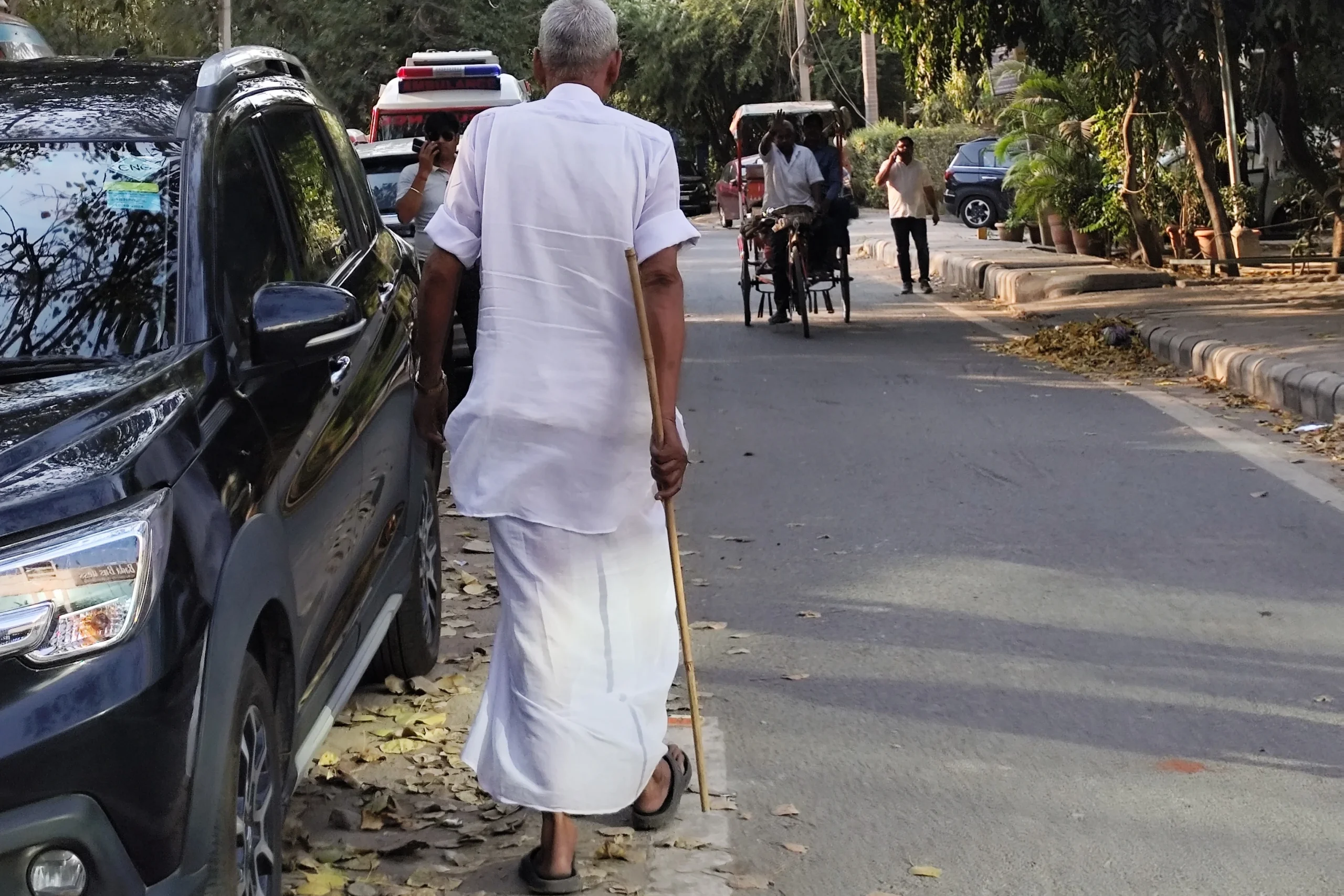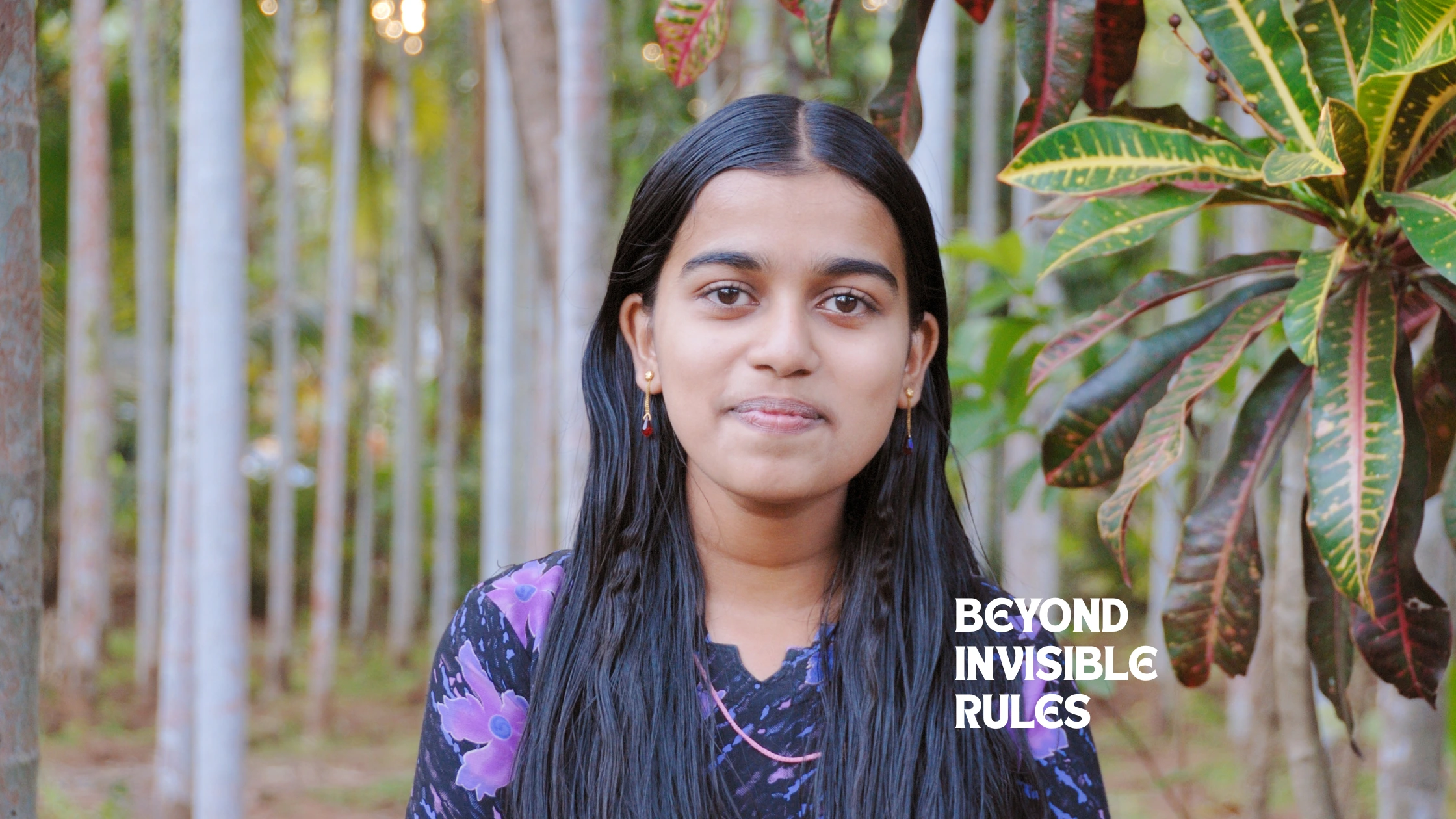
Keeping Cool: Can We Shift Social Norms for Heat Adaptation?
Author: Vineha Tatkar, MA Psychology (Social), Program Associate – PCI India
Edited by: Sushmita Mukherjee, Director – Gender and Adolescent Girls, PCI India
As heatwaves become more intense and frequent, the National Disaster Management Authority (NDMA) of India urges people to take essential precautions: avoid going out between 12–3 p.m., stay hydrated, wear breathable clothing, and shield yourself from the sun. But how easy is it to follow this advice in real life?
Social Norms vs Survival Norms
Despite the clear health risks, many people struggle to follow these guidelines—often due to deep-rooted social norms and economic compulsions. Let’s explore a few:
The Lunch Hour Hustle
For street vendors, lunch hour is peak business time. Skipping work between 12–3 p.m.—when heat exposure is most dangerous—could mean losing income. Heat-safe behaviour isn’t always economically feasible.
Chai Pe Charcha
Chai breaks are a staple of Indian social life, even in soaring temperatures. But caffeine dehydrates, and swapping chai for water or buttermilk might feel socially awkward or less “normal” in many settings.
Mai Hoon Don Syndrome
Though covering your head can protect you from heatstroke, many men avoid using scarves or umbrellas due to masculine stereotypes—viewing these practices as unnecessary or unmanly. Along with gender norms, the aversion can also be attributed to egocentric biases (such as the false uniqueness bias, illusory bias and the third-person effect).
Jal Hi Jeevan Hai—But at What Cost?
Free drinking water outlets (प्याऊs) are vanishing, replaced by bottled beverages that are unaffordable for many. Water access remains entangled in caste, class, and religious dynamics, limiting safe hydration options for vulnerable groups.
What Needs to Change?
Behavioral shifts need more than information—they require norm change. We need to make heat-adaptive behaviours socially acceptable, even aspirational.
- Could businesses stagger hours to reduce peak sun exposure?
- Can media campaigns rebrand hydration and headgear as “smart” and “strong”?
- What if socialising over lemon water became the new chai pe charcha?
We already know what to do. The challenge is: Can we shift the social norms to make “keeping cool” the cool thing to?
Centre for Social and Behaviour Change (CSBC), Ashoka University
The Centre for Social and Behaviour Change is a leading Indian institution that drives behavioural change measures for people and communities in need.
Project Concern International (PCI), India
Project Concern International, India has been working since 1998 to co-create and scale sustainable solutions to complex development problems rooted in community realities .










